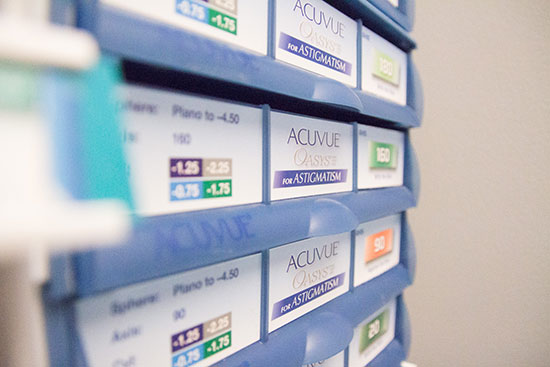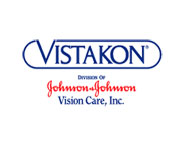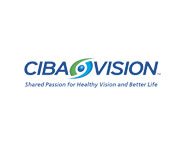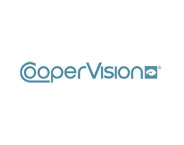
Ever wonder if contacts would be the right option for you? You’re not alone. Almost everyone has at least one reason why they would prefer contact lenses over glasses. Whether it be a day at the beach, going to the gym, or just a night out glasses free, there are plenty of occasions when contacts may be preferred.
At Spectrum Eye Care, we pride ourselves on being the best when it comes to contact lens fittings.
Contact lens technology has come a LONG way! With new advances in contact lens technology, most patients are able to successfully wear contact lenses (even those with astigmatism or bifocal requirements). With more options in our wheelhouse, doctors now have the ability to fit many patients who previously have been told they were not good contact lens candidates.
Types of Contacts our doctors may discuss with you:
Soft contact lenses: The most common lens we fit for our patients. These lenses offer great comfort and vision
-Silicone Hydrogel Lenses: the best in breathability when it comes to soft contacts. This category of soft contacts allows much more oxygen to reach the eye compared to other materials. Due to this breathability, this type of contact often allows some patients a second chance to remain in soft contacts.
Available in Daily, Biweekly, Monthly replacement modalities; also available in astigmatism and multifocal options- your doctor will discuss which option will be best for you.
The other types of lenses we fit are called Specialty Contact Lenses, in that we usually have a “special” reason we choose to fit them. In most cases, we choose these lenses because the patient has a certain eye condition such as high astigmatism, keratoconus, or dry eye. Another reason may be to simply improve a patient’s vision in that the optical quality of these lenses may be better for some patients. If a specialty lens is right for you, your doctor will discuss which option will be best. Below is a brief description of each.
RGPs: a hard contact lens that sits directly on the cornea. The hard lens provides better vision but sometimes the comfort takes time to adjust to. These lenses have been fit for quite some time and many patients that have adapted to them love the vision and comfort and do not want to switch out of them.
Hybrid Contacts: a hard central contact surrounded by a soft skirt. This design allows for great vision due to the hard central lens as well as great comfort due to the soft skirt.
Scleral Contacts: a larger hard lens that vaults over the entire cornea and rests on the white part of the eye. This design allows for great vision due to the hard lens as well as comfort in that it rests on the white part of the eye and not the sensitive cornea.
Corneal Refractive Therapy and Ortho-keratology:
Corneal Refractive Therapy (or CRT lenses) involves a hard contact mold that you wear only at night. Similar to a dental retainer that reshapes your teeth, the CRT mold reshapes your cornea while you sleep. Upon awakening the CRT molds are removed and our patients are able to achieve great vision without the need for daytime contacts or glasses! This is a great non-surgical option to be daytime contacts and glasses free!
Ortho-Keratology- studies have shown that nearsighted children with progressing prescriptions can benefit from a CRT fit. When we talk about wearing CRT molds in the context of slowing the progression of myopia (nearsightedness)- we refer to this process as Ortho-Keratology or Myopia Control in that we are trying to control the progression of myopia. If you have concerns regarding your child’s progressing prescription, talk with our doctors about myopia control.
About your contact lens fit:
A routine exam won’t provide some of the measurements and testing that are required to determine if your eyes are suitable for contact lens wear and to generate your contact lens Rx. We carefully examine the structures of your eye as well as your history of conditions such as dry eye and allergies. We also have instrumentation to show us the shape and curvature of your corneas to insure that we determine the best fit of your contact lenses. Not all lenses fit everyone the same way, and a poor fit can cause problems with comfort, vision, and eye health. Part of our job is to help your future vision, not just your present vision. We want your eyes to be healthy for many years to come.
Our doctors will thoroughly evaluate your visual needs, prescription, and long term eye health to determine which brand and type of contact lens combines for you the most convenient, comfortable, and healthy contact lenses available.
Once we have determined the best contact lens option for you, our technicians will work with you in an Insertion and Removal (I&R) class where they will teach you how to put your contact lenses in and take them out. Once you have passed your training and the lenses are in, the doctor will assess the fit of the lens and the vision it provides before allowing you to take your lenses home to try.




